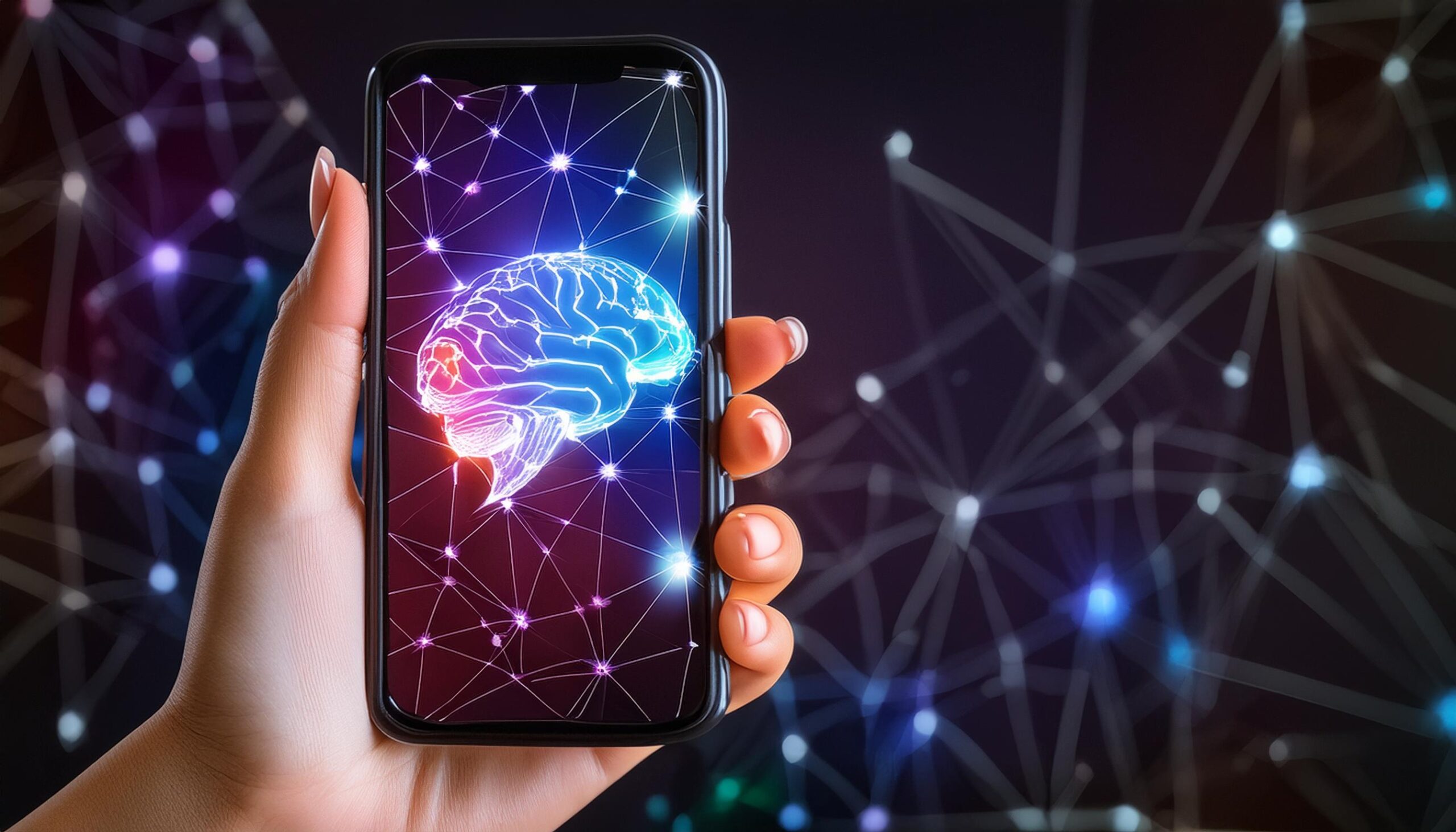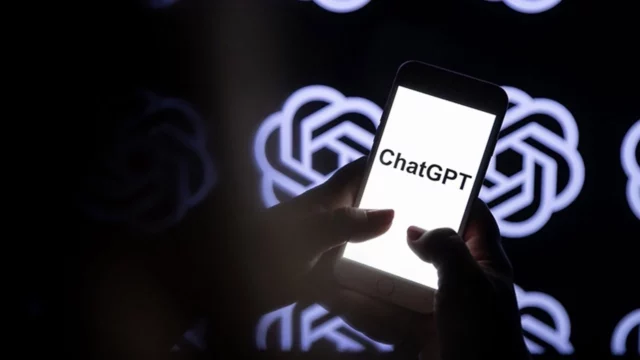For the past 15 years, smartphones have been buzzing and ringing incessantly—calling us to the next work email, latest team chat, or breaking news alert. The line between indispensable technology and intrusive tether has blurred. For professionals worldwide, these devices swing like a pendulum between a lifeline to productivity and an anchor of distraction. Against this backdrop, an important question arises: Can the next generation of AI-powered smartphones restore balance and transform what was once a disruptor into a catalyst for productivity?
AI powered smartphones
The impact of this technological intrusion is clear. Employees lose approximately 720 work hours per year to distractions, causing significant financial losses for businesses. Smartphones are at the heart of this issue, with the average user checking their device 150 times a day—roughly once every six minutes during waking hours.
Sudhir Chadaga, Global Head of B2B at Motorola, spoke about the intersection of future business dynamics and technological advancements, reinforcing the idea that technological distraction remains a formidable challenge. However according to a recent Motorola survey, 55% of employees report frequent distractions caused by non-work smartphone use. However, a beacon of hope lies on the horizon. Innovations in AI technology promise to redefine our interactions with these indispensable yet disruptive devices.
The mobile industry stands at the brink of transformative change, driven by advances in AI. “AI will bring a significant shift in the mobile sector and how we live our lives,” TM Roh, President and Head of Samsung’s Mobile Experience business, stated at a recent event.
This shift is evident in the efforts of major phone manufacturers to enhance AI capabilities. However advanced search tools, photo editing, and real-time in-ear translation are just the beginning. Emerging AI also delivers standout features and essential tools designed to boost productivity and focus, heralding a new era for smartphone technology.













